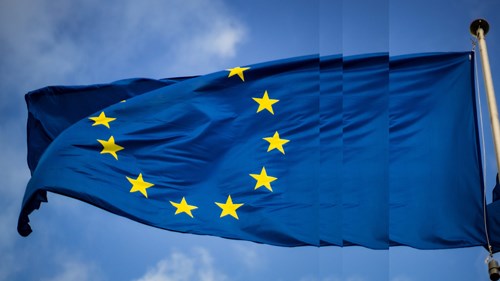Noerr information in brief
The First Civil Senate of the German Federal Court of Justice (Bundesgerichtshof, “BGH”) decided on 28 May 2020 on the question of which requirements must be met for a website user’s consent to telephone advertising and the placing of cookies on the user's terminal device. According to this decision, consent of the website user to the use of cookies, which is obtained by a preset checkbox, is invalid.
The decision was based on the following facts:
The plaintiff is the Federal Association of Consumer Organizations. In September 2013, the defendant organized a competition under its web address, in which two checkboxed declarations of consent to an advertisement by sponsors and cooperation partners of the defendant by ordinary mail, telephone, e-mail or SMS were found under the entry fields for the participant's address. It was possible to select the advertising sponsors and cooperation partners from a linked list of 57 companies. Otherwise, the defendant should make this selection. This checkbox was not provided with a default check mark. However, the second checkbox was provided with a default check mark and had the following text:
"I agree that the web analysis service [...] As a result, the lottery organizer, the [defendant], will set cookies after registration for the lottery, which [the defendant] will make it possible to evaluate my surfing and usage behavior on websites of advertising partners and thus to provide interest-oriented advertising by [...]. I can delete the cookies at any time. Read more here."
In the explanation linked to the word "here", it was pointed out that the cookies were given a specific, randomly generated number (ID), which was assigned to the registration data of the user who entered his name and address in the web form provided. If the user with the stored ID would visit the website of an advertising partner registered for the advertising service of the defendant, this visit should be recorded as well as in which product the user is interested and whether a contract is concluded. The default check could be removed. However, participation in the lottery was only possible if at least one of the two fields was marked with a tick.
The decision taken by the BGH:
1. Consent to telephone advertising
The first checkbox was intended to obtain consent under Section 7 (2) No. 2 of the German Act on Unfair Competition (Gesetz gegen unlauteren Wettbewerb, “UWG”) for telephone advertising. For such consent to be effective, it is necessary that it is given "in full knowledge of the facts". For this purpose, the individual user must know that his statement represents an agreement and what it refers to. Consent is given in the sense of this provision "for the specific case" if it becomes clear which products or services of which companies it specifically covers. This was lacking in the case decided by the BGH, because the objectionable form of the declaration of consent is designed to confront the user with a complex procedure of selecting partner companies on the list in order to induce him to refrain from this selection and instead leave the choice of advertising partners to the defendant. If the user does not know the products or services of which companies are covered by the consent due to a lack of knowledge of the contents of the list and without exercising the right to choose, no consent is given for the specific case.
2. Consent to the storage of cookies
With regard to consent to the storage of cookies, the BGH decided that obtaining consent by means of a preset checkbox was invalid both according to the legal situation before and after 25 May 2018, which was the date as of which the General Data Protection Regulation (GDPR) is applicable. The objectionable use of cookies by the defendant as a service provider serves the purpose of creating user profiles for the purpose of advertising by recording the user's behavior on the Internet and using this information to send advertising tailored to this behavior. However, the user's consent is required for the use of such cookies. An effective consent is not given, however, if the storage of information or access to information already stored in the user's terminal device of a website by means of cookies is to be permitted by means of a preset checkbox which the user must uncheck to refuse consent. The question whether the information is personal data is not relevant in this context, according to the BGH's decision.








